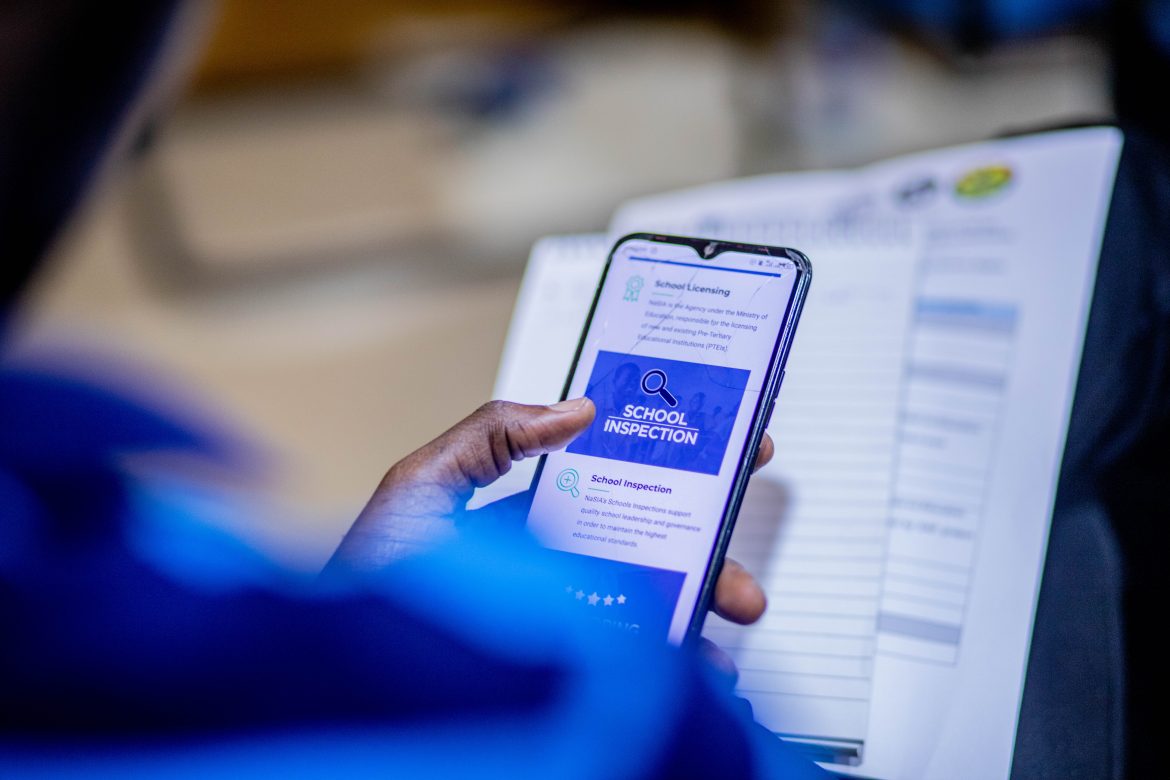Overview
Comprehensive data for monitoring the progress of the Sustainable Development Goals’ (SDGs) implementation is crucial to enable parliaments to perform their oversight and accountability role effectively and ensure no part of the country is left behind. The Data for Accountability Project (DAP), led by the African Centre for Parliamentary Affairs, in partnership with the Ghana Statistical Service (GSS), the International Network for Advancing Science and Policy (INASP), and On Think Tanks (OTT) Consulting, is the first project specifically aiming to strengthen the use of statistics in parliamentary oversight and representation in Ghana. DAP, which started in 2019 and is currently in its second phase is supporting the Parliament to oversee the implementation of the SDGs in Ghana, by providing the evidence needed to monitor progress and advocate better for their constituencies. In addition to supporting Parliament’s oversight of SDG progress, the project aims to strengthen the capacity of parliamentary research officers to provide MPs with data and evidence that is most relevant to their work.
Interventions
Data for Accountability uses a range of approaches to strengthen the collaboration between data producers and parliament and support parliament to use data to oversee progress towards SDGs, including:
- Training and mentoring of MPs, parliamentary staff, and GSS staff.
- Supporting the development of constituency profiles i.e. constituency specific data that will enable MPs to better monitor the SDGs in their communities and represent constituents’ needs.
- Establishing an SDG desk within the Parliamentary Research Department to support committees to track and report on SDGs
- Organising data fairs to enable producers of research to showcase the availability of important data to parliament.
- Sharing learning with the parliamentary, evidence-informed policy-making and statistical sectors, etc.
Outcomes
The project has so far yielded some significant results:
- MPs and staff appreciate the value and contribution of data to decision making
- The capacity of MPs on the Poverty Reductions Strategy Committee to undertake key monitoring and oversight functions strengthened
- Mechanisms to enable MPs to access, interpret, and use SDGs data have been developed
- Five Constituency profiles have been developed
- Interactions between MPs, data producers, and citizens have fostered greater levels of engagement, promoting a greater appreciation on the part of MPs about the value of data, existing gaps, and the role of GSS and other data producers.
- Greater awareness of the extent of the data gaps at the national and subnational/constituency levels
- The project created the opportunity to bring Parliament and GSS together – therefore greater levels of appreciation for the value of data and GSS’ role
- Trust between GSS and Parliament is improving – example of GSS sharing microdata with Research Officers from Parliament
- Sharing learning with a wider audience through publications and webinars
Links to Outcomes
- Learning piece on “Data Use in Parliament” – shares tips on what GSS has learned about communicating data to parliamentary audiences.
- Learning piece on “Parliament and GSS: a growing relationship for evidence use in Ghana” – explores the relationship between GSS and Parliament.
- Think piece on “Strengthening Parliaments for SDG implementation” – shares insights from Ghana.
- Podcast on supporting evidence use in the Parliament of Ghana.
- A blog post sharing highlights of the project and its achievements in 2023.
- A Case study on “Navigating Electoral Transitions in Ghana” – reflects how DAP has engaged with and responded to critical elements of Ghana’s governance and political economy context during its implementation period.
- Case study on “Institutionalising Evidence Use in Ghana’s Parliament” – explores the significant achievements of the DAP project and how it facilitated an evidence-driven approach to policy, particularly during and post-COVID-19 pandemic and 2020 elections, by leveraging non-traditional data sources and strengthening parliamentary engagement.
Partners
- Parliament of Ghana
- Ghana Statistical Service (GSS)
- International Network for Advancing Science and Policy (INASP)
- William and Flora Hewlett Foundation

